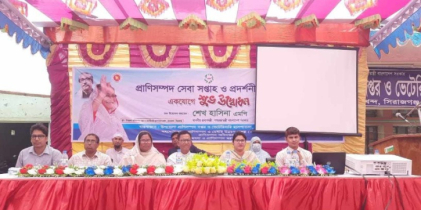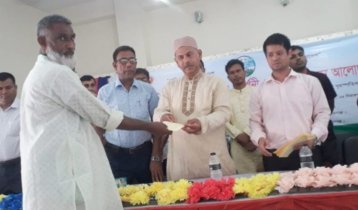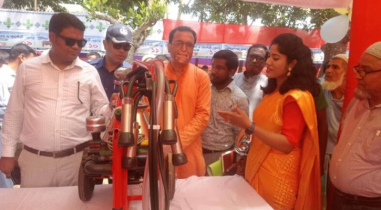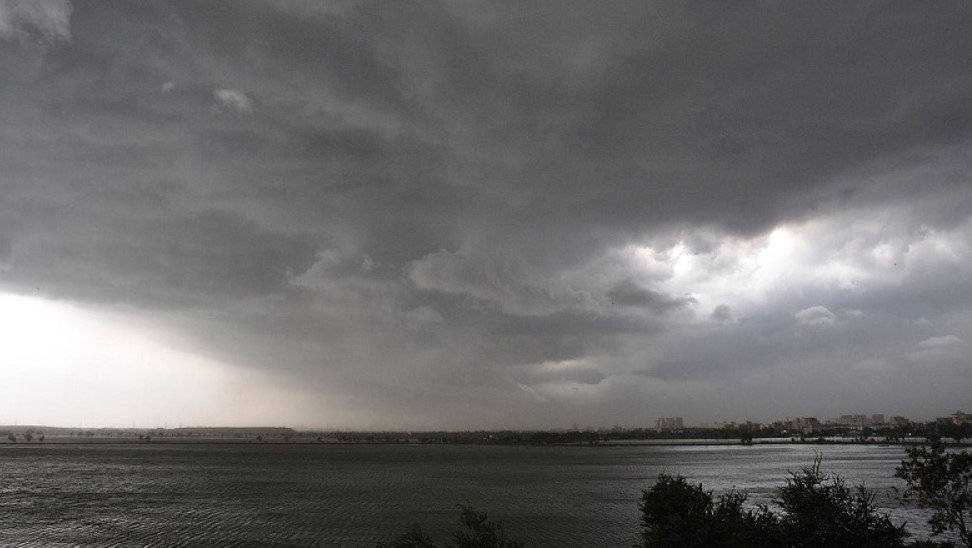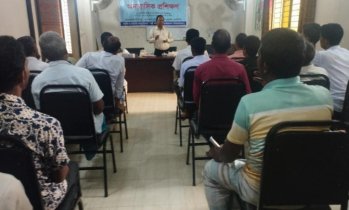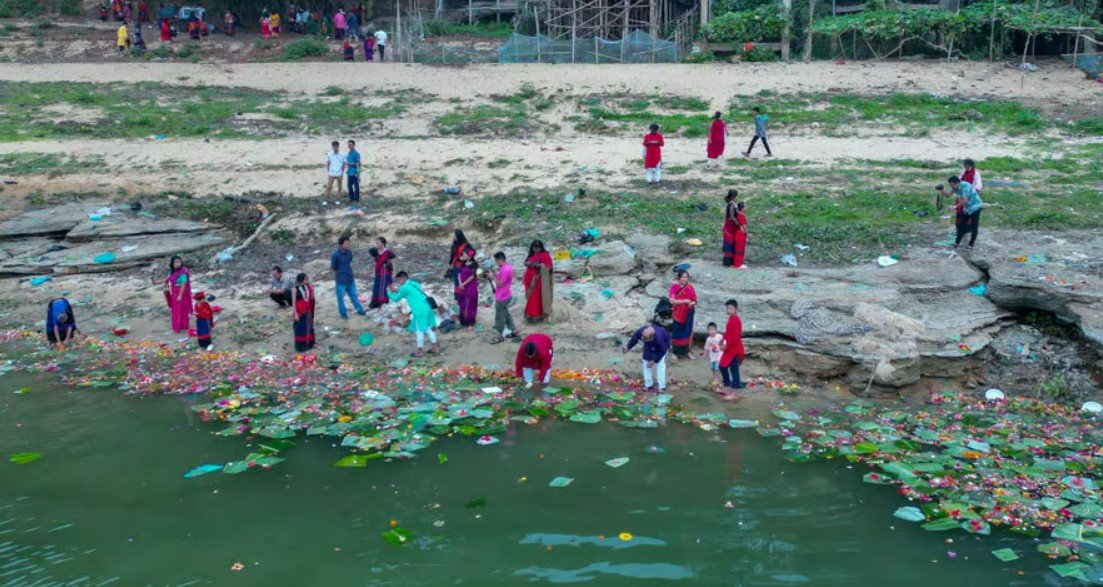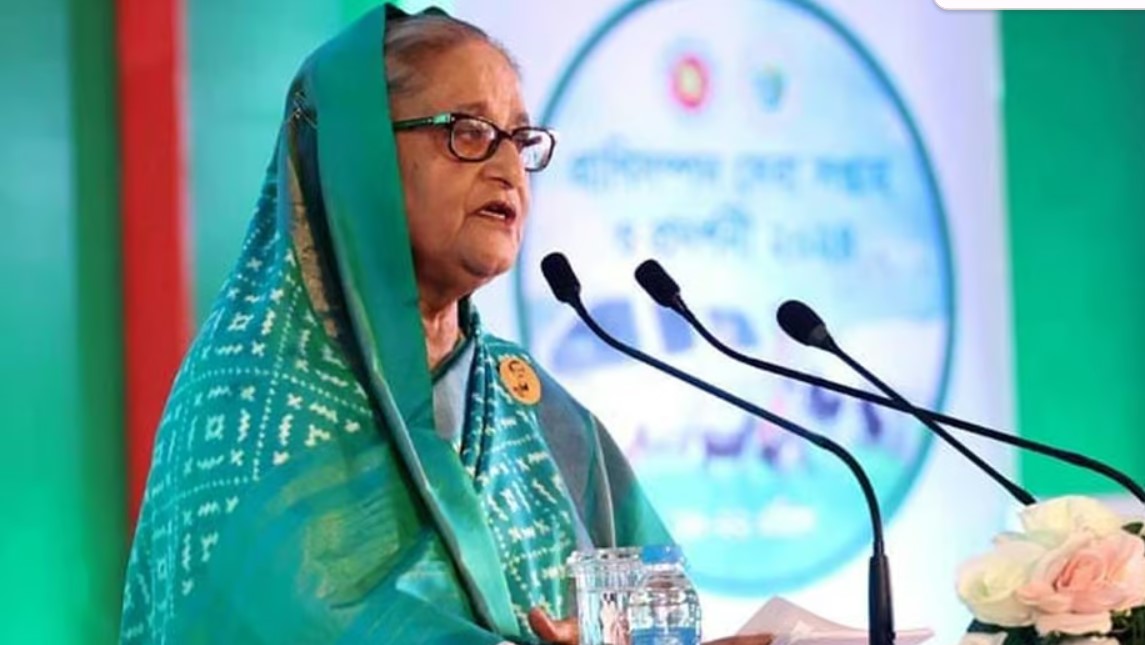
On 25 September 1974, the Father of the Nation, Bangabandhu Sheikh Mujibur Rahman, addressed the world from the podium of the United Nations General Assembly, to inform nations and governments that the people of Bangladesh had diplomatically come of age. It was his moment of glory inasmuch as it was ours, for he was articulating before the global community the dreams and the aspirations we were busy shaping for Bangladesh in that very early phase of our sovereign nationhood. Our sense of pride, of justified hubris in ourselves, was accentuated by Bangabandhu’s choosing to speak in Bangla, the language upon which the entirety of our nationalism had been based since the struggle in defence of it had reached a culmination twenty two years earlier in February 1952.
Any observance of the anniversary of Bangabandhu’s appearance at the United Nations will necessarily take into account the stupendous role played by the diplomatic team the Father of the Nation had organized around him. In that team, a defining role was played by Dr. Kamal Hossain, the young, dynamic foreign minister who had earlier burnished his reputation as a significant member of the Awami League contingent at the abortive political negotiations with the Yahya Khan regime and the Pakistan People’s Party in March 1971 and, post-Liberation, had played a pivotal role in the drafting and adoption of the Constitution in 1972.
Bangabandhu and Kamal Hossain formed a dream team in the field of Bangladesh’s foreign policy perspectives in that early phase of freedom. Where Bangabandhu set out the idealism he expected to be ingrained in substantive manner in Bangladesh’s diplomacy, Kamal Hossain toured the globe articulating the idealism before global leaders in the suavity exemplified by his legal and political experience. It was Kamal Hossain who, along with a few young Bengali diplomats, raised the Bangladesh flag at the United Nations on 17 September 1974, eight days before Bangabandhu strode to the podium in the cavernous General Assembly hall of the world body.
The history of Bangladesh’s diplomacy is fundamentally a recapitulation of the glory days it went through between early 1972 and mid 1975. The glory, of course, carried with it the impediments that the country faced in convincing the world that it was ready to be part of the global community. With Foreign Minister Abdus Samad Azad as part of his first diplomatic team, the Father of the Nation went out into the world to persuade governments that independent Bangladesh had arrived, that it deserved to be taken notice of. In the months which elapsed between January 1972 and March 1973, when the nation went to its first general election, diplomatic recognition of the new state flowed in with a rapidity that left many observers of Bangladesh rather surprised.
The United States, Britain, the Soviet Union and all of Europe, riven as it was by the Cold War, stepped up happily to accord formal recognition to a nation born out of the crucible of a devastating war. Within that period, Bangladesh gained membership of a number of international organizations, which achievement was attributable to the dynamic team of young diplomats busy cobbling a new foreign policy establishment into shape. As a young member of Bangabandhu’s cabinet was to point out subsequently, no one had any idea of how diplomatic communications were conducted, how notes verbale were written. It was our young diplomats, all of whom had declared allegiance to the Mujibnagar government in 1971, who patiently went about doing the job. And they did it marvelously well.
Of course, our path to the United Nations was not smooth, confronted with the hostility that we were from a number of fronts. There was Pakistan intent on preventing Bangladesh from gaining entry into the world body. And there was, in support of its sentiments, its old friend China exercising the veto in the Security Council to block Bangladesh’s application for membership of the UN. The Chinese act was an exercise in irony, given that Beijing (Peking in those days) had had to wait twenty two years after the Communist revolution of 1949 to be allowed to take its seat in the world body, a seat that had till 1971 been occupied by the Formosa government led by Chiang Kai-shek.
China’s hostile attitude to Bangladesh did little to dampen Dhaka’s diplomatic dynamism. Moreover, Bangabandhu’s government, ever pragmatic and looking to the future, refrained from engaging in any diplomatic fracas with Beijing over the veto question. Dhaka and Beijing, he knew only too well, would need each other. His perspicacity was to bear fruit, as we observe the warmth which characterizes ties between Bangladesh and China in these present times.
Kamal Hossain, assisted by a brilliant team comprising S.A. Karim, Abul Fateh, Fakhruddin Ahmed, M.M. Rezaul Karim, Mohiuddin Ahmed, Waliur Rahman, Faruq Chowdhury and others, went about building Bangladesh’s diplomacy brick by patient brick. Professionalism informed the foreign policy establishment even in those early days. To be sure, not everything was smooth. But what cannot be missed, at this remove from the times when Bangabandhu’s presence symbolized the country in the councils of the world, is the sheer dedication and competence which underpinned the nation’s foreign policy establishment. Tough negotiations were carried out with both India and Pakistan over the issue of the return of Pakistan’s prisoners of war and the repatriation of Bengalis stranded in Pakistan.
Though Pakistan subsequently reneged on many of the promises it made, against a background of the tripartite agreement involving Dhaka, Delhi and Islamabad in April 1974, the story of Bangladesh’s diplomatic triumphs remains to this day an enviable one. Add to that the eventual recognition of Bangladesh as a sovereign state by Pakistan and Bangabandhu’s morally triumphant journey to Lahore to take part in the Islamic summit called by Pakistan’s Prime Minister Zulfikar Ali Bhutto in February 1974. The entry into the United Nations was then only a matter of time.
On 25 September 1974, as we in the country heard Bangabandhu on the radio enlighten the world in Bangla on the idea of Bangladesh in distant New York, we remained aware of the independent course in foreign policy his government had vowed to pursue. Foreign policy, as fashioned by Bangabandhu’s government, was grounded on the principle of friendship with all and malice toward none. Within the ambit of that principle lay embedded the thought that diplomacy for Bangladesh was a matter of morality adding to its dynamism.
And within that principle was our national pride, huge dollops of it.
The writer is a columnist and biographer.
আলোকিত সিরাজগঞ্জ

